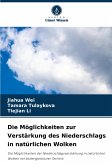
Broschiertes Buch
Die Möglichkeiten der Niederschlagsverstärkung in natürlichen Wolken mit bodengestützter Technik
19. August 2024
Verlag Unser Wissen
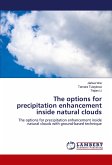
Broschiertes Buch
The options for precipitation enhancement inside natural clouds with ground-based technique
12. Juli 2024
LAP Lambert Academic Publishing
Broschiertes Buch
Posibilidades de aumentar las precipitaciones dentro de las nubes naturales con técnicas terrestres
19. August 2024
Ediciones Nuestro Conocimiento
Broschiertes Buch
As opções para o aumento da precipitação no interior de nuvens naturais com técnicas baseadas no solo
19. August 2024
Edições Nosso Conhecimento
Broschiertes Buch
Les possibilités d'amélioration des précipitations à l'intérieur des nuages naturels à l'aide d'une technique au sol
19. August 2024
Editions Notre Savoir
Broschiertes Buch
Vozmozhnosti usileniq osadkow w estestwennyh oblakah s pomosch'ü nazemnoj tehniki
19. August 2024
Sciencia Scripts
Broschiertes Buch
Le opzioni per l'aumento della precipitazione all'interno delle nubi naturali con la tecnica a terra
19. August 2024
Edizioni Sapienza
Ähnliche Artikel
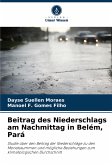
Broschiertes Buch
Studie über den Beitrag der Niederschläge zu den Monatssummen und mögliche Beziehungen zum klimatologischen Durchschnitt
30. September 2024
Verlag Unser Wissen
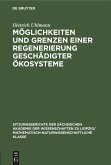
Gebundenes Buch
1978.
14. Januar 1978
De Gruyter
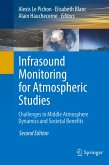
Gebundenes Buch
Challenges in Middle Atmosphere Dynamics and Societal Benefits
2. Aufl.
5. Dezember 2018
Springer / Springer International Publishing / Springer, Berlin
978-3-319-75138-2
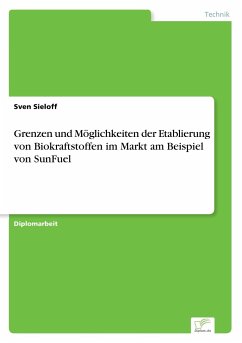
Broschiertes Buch
26. Januar 2006
GRIN Verlag / diplom.de
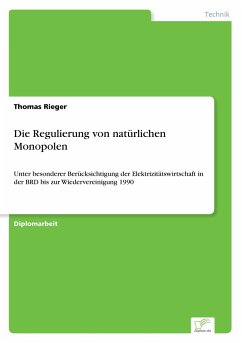
Broschiertes Buch
Unter besonderer Berücksichtigung der Elektrizitätswirtschaft in der BRD bis zur Wiedervereinigung 1990
1999.
2. September 1999
GRIN Verlag / diplom.de
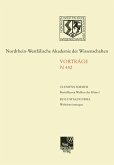
Broschiertes Buch
438. Sitzung am 3. Juni 1998 in Düsseldorf
2000.
1. Januar 2000
VS Verlag für Sozialwissenschaften
978-3-531-08452-7
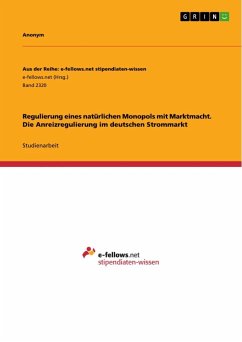
Regulierung eines natürlichen Monopols mit Marktmacht. Die Anreizregulierung im deutschen Strommarkt
Broschiertes Buch
1. Auflage
12. September 2017
GRIN Verlag
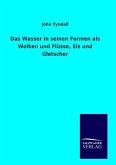
Gebundenes Buch
Nachdruck des Originals von 1879
26. März 2014
Salzwasser-Verlag
Ähnlichkeitssuche: Fact®Finder von OMIKRON
